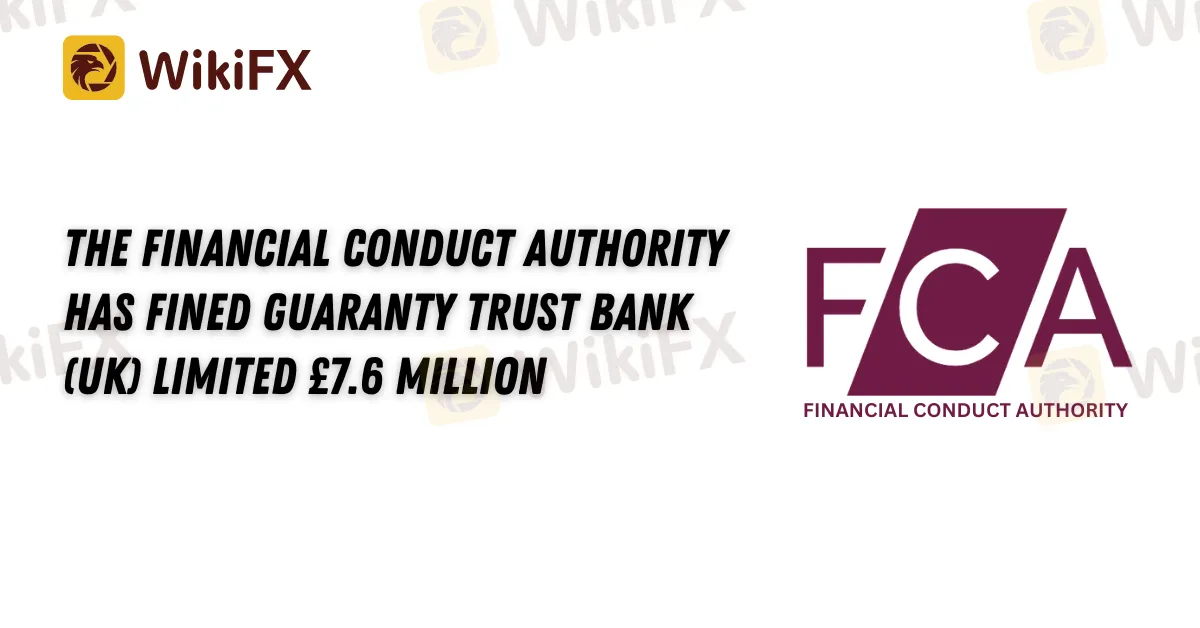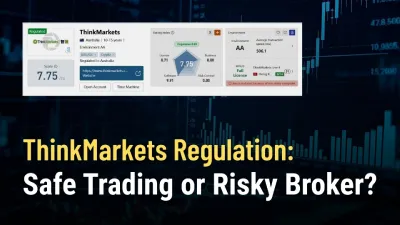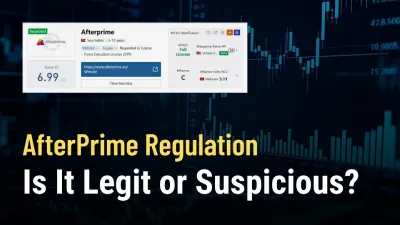Abstract:Guaranty Trust Bank (UK) Limited (GT Bank) was fined £7,671,800 by the UK Financial Conduct Authority (FCA) for major flaws in its anti-money laundering (AML) systems and controls between October 2014 and July 2019.

Guaranty Trust Bank (UK) Limited (GT Bank) was fined £7,671,800 by the UK Financial Conduct Authority (FCA) for major flaws in its anti-money laundering (AML) systems and controls between October 2014 and July 2019.
GT Bank failed to conduct appropriate client risk assessments over the relevant period, often failing to analyze or record the money laundering threats presented by its customers.
The bank also failed to properly monitor consumer transactions and commercial interactions.
These flaws were regularly pointed up to GT Bank by internal and external sources, including the FCA, but despite this, GT Bank refused to take the necessary steps to address them.
GT Bank ceased accepting new clients in early 2018. Given the FCA's persistent concerns, GT Bank decided to impose more voluntary business limits later that year. The requirements were in force until the middle of 2021 when they were removed after the bank completed a rehabilitation plan that was reviewed by an independent third party.
GT Bank's behavior is more egregious in light of the fact that this is not the first time the bank has faced enforcement action with respect to its AML procedures, with the FCA fining the bank £525,000 in August 2013 for substantial and systematic breaches.
The FCA requires enterprises to have strong anti-money laundering (AML) measures in place to reduce the danger of people and organizations using financial institutions to bypass limitations meant to prevent them from benefiting from assets gained illegally.
GT Bank did not contest the FCA's findings and decided to settle, therefore it is eligible for a 30% reduction. The pecuniary penalty would have been £10,959,700 without the reduction.
Stay tuned for more regulatory news.
Download and install the WikiFX App from the download link below to stay updated on the latest news, even on the go. You can also download the app from the App Store or Google Play Store.
Download link: https://www.wikifx.com/en/download.html










